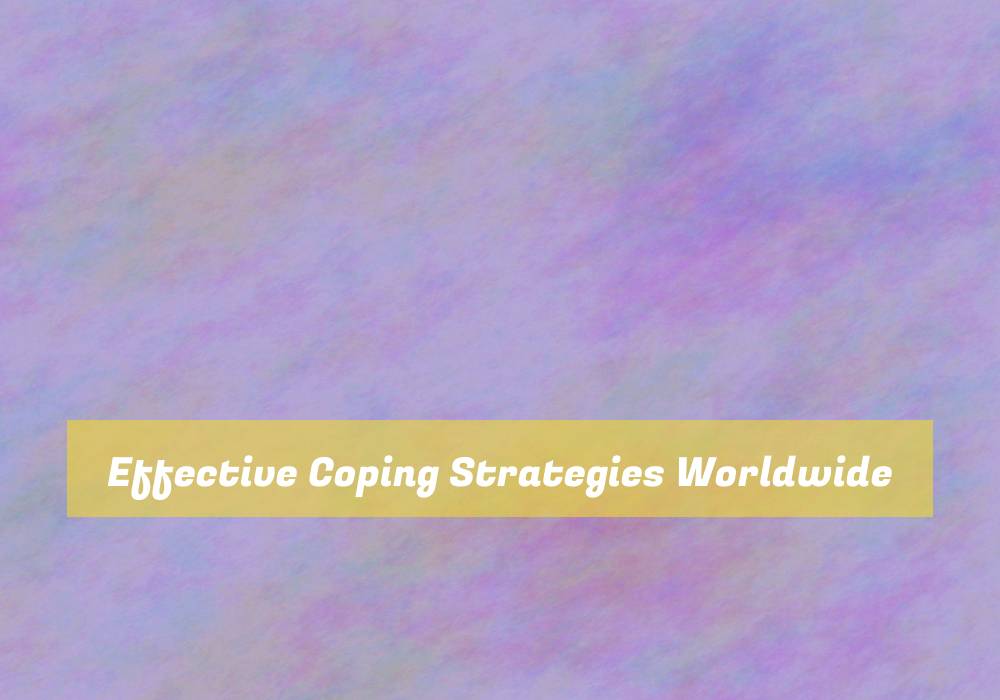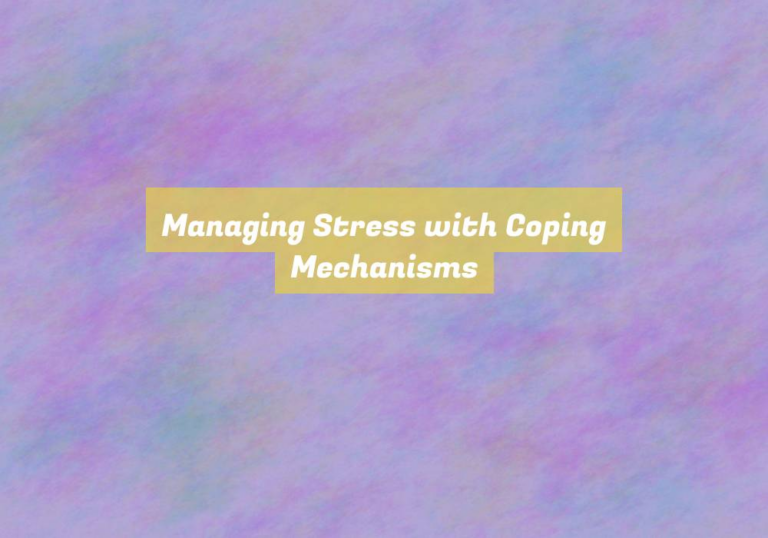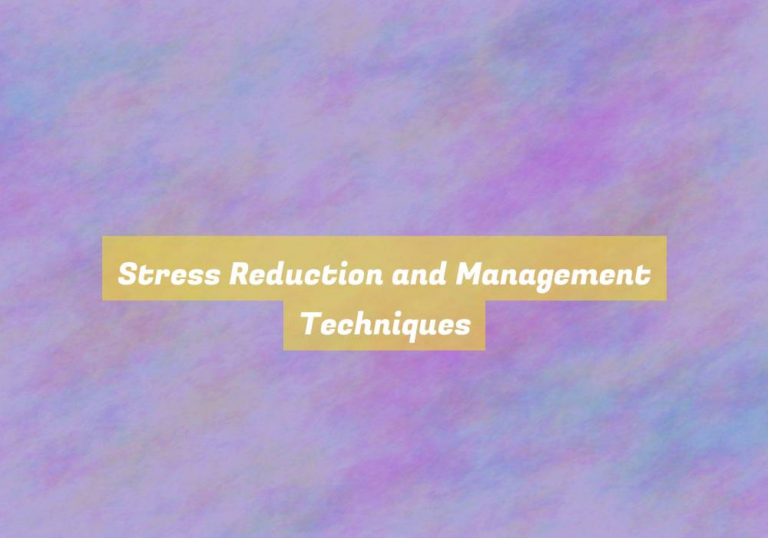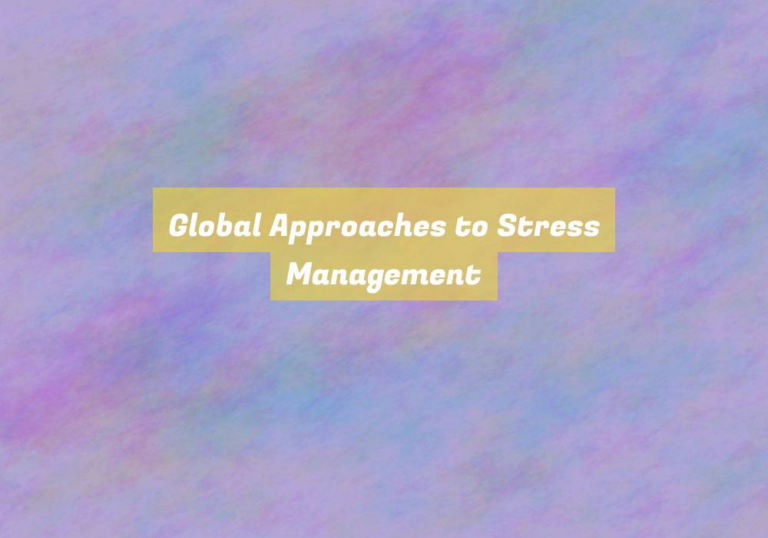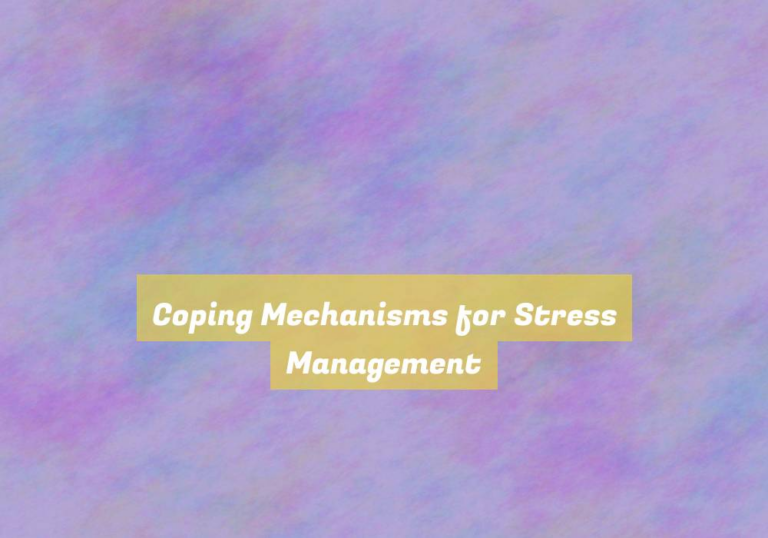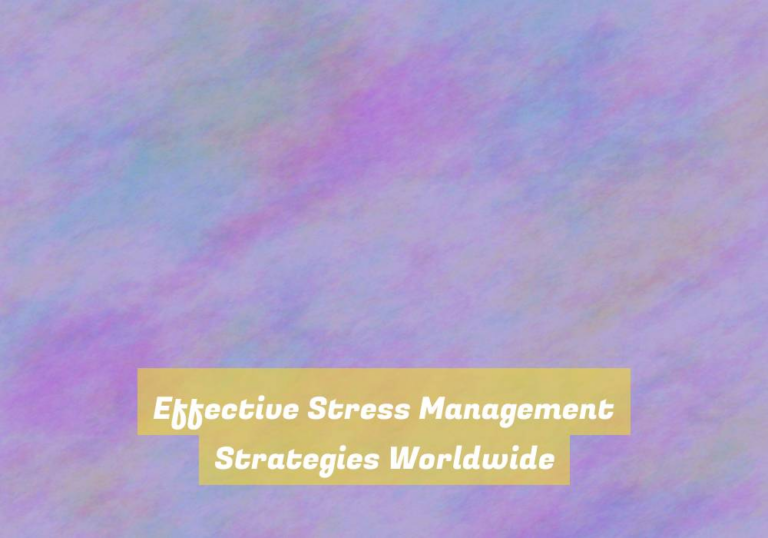Effective Coping Strategies Worldwide
You know how a small boat navigates through rough waters by adjusting its sails and finding the most effective route?
ItG??s similar to how people around the world are constantly adapting to lifeG??s challenges and finding effective coping strategies.
From mindfulness practices rooted in ancient traditions to the support gained from close-knit social networks, there are numerous ways individuals and communities have developed to navigate the storms of life.
The diversity of coping strategies worldwide reflects the rich tapestry of human experience and resilience.
As you explore the various ways different cultures approach coping, youG??ll gain valuable insights into the universal human capacity to adapt and thrive.
Mindfulness Practices
Incorporate mindfulness practices into your daily routine for increased self-awareness and stress reduction. Start your day with a few minutes of focused breathing or meditation. This can help you center yourself and set a positive tone for the day ahead.
Throughout the day, take mini breaks to check in with yourself. Notice your thoughts, feelings, and physical sensations without judgment. This can help you stay present and prevent your mind from getting caught up in worries about the past or future.
Mindful walking is another great practice. Whether youG??re walking to work, running errands, or simply taking a stroll, pay attention to each step and the sensations in your body. This can be a grounding experience that helps you stay connected to the present moment.
Social Support Networks
Consider reaching out to trusted friends, family members, or colleagues to build a strong social support network that can provide encouragement and understanding during difficult times. Connecting with others who can offer empathy and perspective may help alleviate stress and improve your overall well-being. Sharing your thoughts and feelings with supportive individuals can provide a sense of relief and comfort, reminding you that you arenG??t alone in facing lifeG??s challenges.
Engaging in meaningful conversations with your social support network can offer different viewpoints and solutions to problems, broadening your perspective and offering new insights. Additionally, spending time with loved ones or participating in group activities can foster a sense of belonging and reduce feelings of isolation. Your social support network can also serve as a source of motivation, helping you stay focused and positive during tough times.
Remember that building a social support network is a two-way street. Just as you seek support from others, be willing to offer your help and understanding in return. By nurturing these meaningful connections, you can create a strong and reliable support system to help you navigate lifeG??s challenges.
Physical Activity and Exercise
Engaging in regular physical activity and exercise can improve your overall physical and mental well-being, contributing to a healthier and more balanced lifestyle. Physical activity releases endorphins, which are natural mood lifters, helping to reduce stress, anxiety, and symptoms of depression. It also promotes better sleep, increases energy levels, and enhances cognitive function.
Regular exercise can lower the risk of chronic diseases such as heart disease, diabetes, and obesity, while also improving cardiovascular health and strengthening muscles and bones. Additionally, engaging in physical activity can provide a sense of accomplishment and boost self-esteem.
Incorporating exercise into your daily routine doesnG??t have to be daunting. Simple activities like walking, cycling, or dancing can be effective in improving your physical fitness. Finding an exercise that you enjoy can make it easier to stick to a routine. Whether itG??s through team sports, yoga, or simply taking the stairs instead of the elevator, finding ways to stay active can significantly improve your overall well-being.
Cultural and Spiritual Traditions
Cultural and spiritual traditions play a significant role in providing a sense of belonging and connection to something greater than oneself. Engaging in cultural and spiritual practices can offer a profound source of comfort and strength during challenging times.
Whether itG??s participating in religious rituals, connecting with nature through spiritual ceremonies, or engaging in traditional customs and celebrations, these practices can help you feel rooted in your identity and connected to your community.
In many cultures, spiritual traditions offer guidance on how to navigate lifeG??s ups and downs, providing a framework for understanding and processing difficult emotions. Drawing on the wisdom passed down through generations, you can find solace and meaning in the teachings and rituals that have stood the test of time.
Moreover, participating in cultural and spiritual traditions can foster a sense of unity and solidarity with others who share similar beliefs and values. This communal support can be a source of comfort and encouragement, reminding you that you arenG??t alone in facing lifeG??s challenges.
Embracing and honoring your cultural and spiritual heritage can provide a profound sense of resilience and connectedness, helping you navigate adversity with grace and strength.
Conclusion
In conclusion, effective coping strategies are essential for managing stress and adversity worldwide.
Mindfulness practices, social support networks, physical activity, and cultural and spiritual traditions all play a role in helping individuals navigate difficult situations.
By incorporating these strategies into your daily life, you can build resilience and improve your overall well-being.
Remember to utilize these tools to help you cope with the challenges that come your way.

